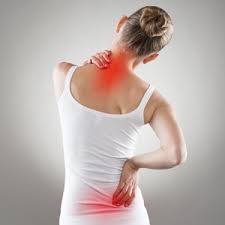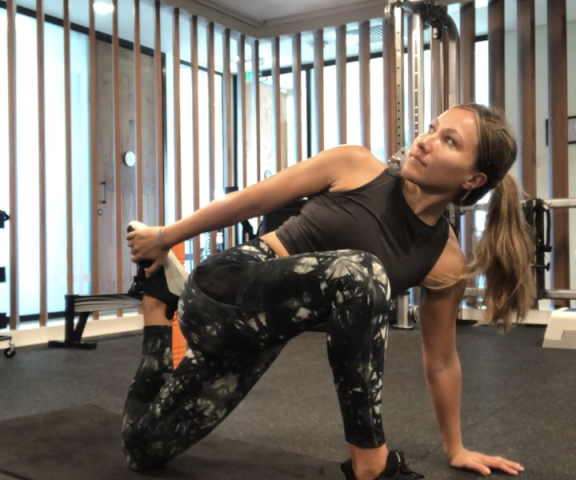
Women Endure Back Pain More Than Men
October 20, 2019
Strength training for marathon runners
November 4, 2019
“Health is wealth and movement is medicine”
It is becoming increasingly obvious that the benefits of regular exercise go far beyond what was thought of conventionally. Of course, exercise can help you lose weight, feel better, increase strength and reduce risk of injury. It also increases bone density, reduces anxiety, combats depression and prevents heart disease. But these are just some of the effects. What’s truly amazing is these effects only scratch the surface of what can be gained by exercising regularly. There is one more effect which we are coming to understand more fully, and that is that exercise actually makes you smarter. There is a steadily growing mountain of evidence that proves that regular exercise is directly linked to improved brain health and function.
What we have come to learn about brain health and function is that it is often directly linked to our lifestyles. Sedentary and stress filled lifestyles are toxic to the body and especially the brain. Connections between brain cells erode and certain areas of the brain actually shrink in proportion to the amount of stress we feel and during episodes of chronic depression. Exercise literally reverses this process by increasing levels of serotonin and norepinephrine (important neurotransmitters associated with positive thoughts and emotions). Exercise unleashes a cascade of neurochemicals and growth factors that bolster the brains infrastructure and helps build new connections. Growing and maintaining the complex network of connections between brain cells is what differentiates a healthy brain from a less than healthy brain prone to memory loss, confusion, and dysfunction.
Studies have shown that it does not take an hour of strenuous exercise to realize these benefits, simply walking for 30-60 minutes a day can provide you with incredible health benefits. We use time as an excuse, we all have time. Check your screen time on your phone, how much of that is spent scrolling through social media…most probably more than 30 minutes…prioritize you and make the time. Chose a movement, sport or location that you enjoy. If the environment, you are in is a positive place for you it will make you less inclined to ‘do it tomorrow instead’.
Exercise obviously also has its physiological benefits as well:
- It strengthens your heart.
- It increases your energy levels.
- It lowers blood pressure.
- It improves muscle tone and strength.
- It strengthens and builds bones.
- It helps reduce body fat.
 Mentally and physically, movement can help us with so much. So many health conditions can be reduced with some simple movement. Why would you not want to help yourself?
Mentally and physically, movement can help us with so much. So many health conditions can be reduced with some simple movement. Why would you not want to help yourself?
There is also evidence to suggest that exercise performed at different times can change the way you react to it. We stated that movement can contribute to preventing a variety of pathological changes, can help many chronic diseases and reduces mortality and morbidity ratios. Time-dependent exercise has different outcomes, based on the exercise type, duration, and hormone adaptation. Movement can be the best medicine day in and day out and depending on when it is performed can give slightly different outcomes.
In terms of performance there are studies to show that aerobic, endurance, low heart rate workouts are most beneficial in the morning as the body has not yet reached any point of exhaustion. Whereas high intensity and heavy weight training can be more beneficial in the evening.
Either way, we are made to move…. movement is medicine! If you need more ideas of what to do and how to fit it into your lifestyle, speak to your therapist at Diversified Integrated Sports Clinic and we will help you to make a plan!
Elizabeth T.
The post Movement Is Medicine appeared first on Diversified Integrated Sports Clinic.
[ad_2]
Source link



